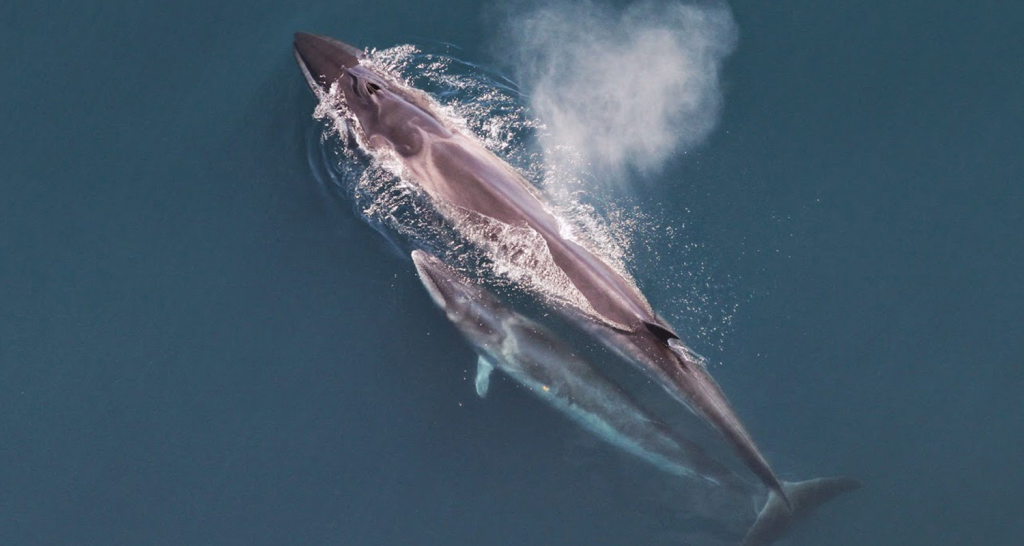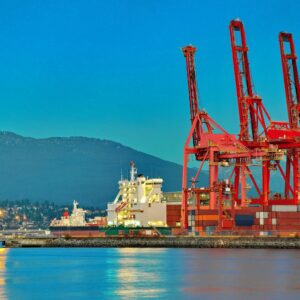Canada’s Oceans: What They Do for Us—and What We Should Do for Them
Let’s start with a fact you may not know: Canada boasts a longer coastline than any country on Earth. And yet, for many Canadians, it can be easy to forget that we live in an ocean nation.
More than 80 percent of us reside hundreds—if not thousands—of kilometres inland. Save for the odd vacation, glimpses in the news, or a Planet Earth binge, we may rarely (if ever) lay eyes on our country’s breathtaking coasts.
Unfortunately, an out-of-sight-out-of-mind attitude means we can forget the important role oceans play in our health and well-being, economy, and identity.

No Life on Earth Without Our Oceans
To start, ocean-dwelling organisms like phytoplankton help supply more than half of the Earth’s oxygen. Whether you live in land-locked Saskatoon, the Greater Toronto Area, or Vancouver Island, you can thank the ocean for the air you breathe. The ocean regulates the Earth’s climate by sequestering carbon, it provides a critically important source of food for coastal communities and is home to hundreds of thousands of species in a myriad of incredible ecosystems.
Coastlines are nutrient-rich and support the growth of distinctive ecosystems like dense seagrass meadows—critical natural infrastructure that can protect our homes from erosion, flooding, and the impact of storms and natural disasters.
Not only do we depend on oceans to survive, but we also need them to thrive. Billions of people worldwide rely on marine industries to sustain their financial well-being. Here at home, an estimated 300,000 Canadians work in “the Blue Economy,” with jobs that are either directly or indirectly linked to the ocean, contributing more than $26 billion to our country’s economy each year.
And that’s not all, our ocean ecosystems contain ingredients for critical medications, including Ecteinascidin—extracted from tunicates (or sea squirts)—which is used for the treatment of breast and ovarian cancers along with other solid forms of tumours. While Discodermolide, extracted from deep-sea sponges, is used as an anti-tumour agent.

What can we do to protect Canada and the world’s oceans?
Despite success stories like the Laurentian Channel, Canada’s oceans are vulnerable to overfishing, pollution, industrial activity, and climate change. Proposed projects like the commercialization of the Fraser Estuary and deep sea mining threaten our progress towards protecting marine species and their ocean habitats. Like a vessel navigating the high seas, we must change course.
The Canadian government must keep ocean health central as they chart our country’s economic and social recovery plan. We need to stimulate an economy that supports sustainable jobs through the protection and restoration of abundant and healthy oceans. This can be achieved through initiatives such as putting people back to work restoring coastal ecosystems, shoreline clean-up, and supporting cleaner technology and innovations in the fishing industry.
Much progress has already been made. Canada has surpassed its 2020 target of protecting 10 percent of its ocean territory. We must continue to lead commitments to protect 25 percent of land and oceans by 2025, and 30 percent by 2030. It’s not too late—experts say we could restore the ocean to abundance by 2050 if the global community takes action this year. Considering all the ocean offers to us, it’s the least we can do.
Sign up today to be an Ocean Defender and get all the latest news about how Nature Canada is working alongside Canadians and other environmental organizations to protect our coasts.


